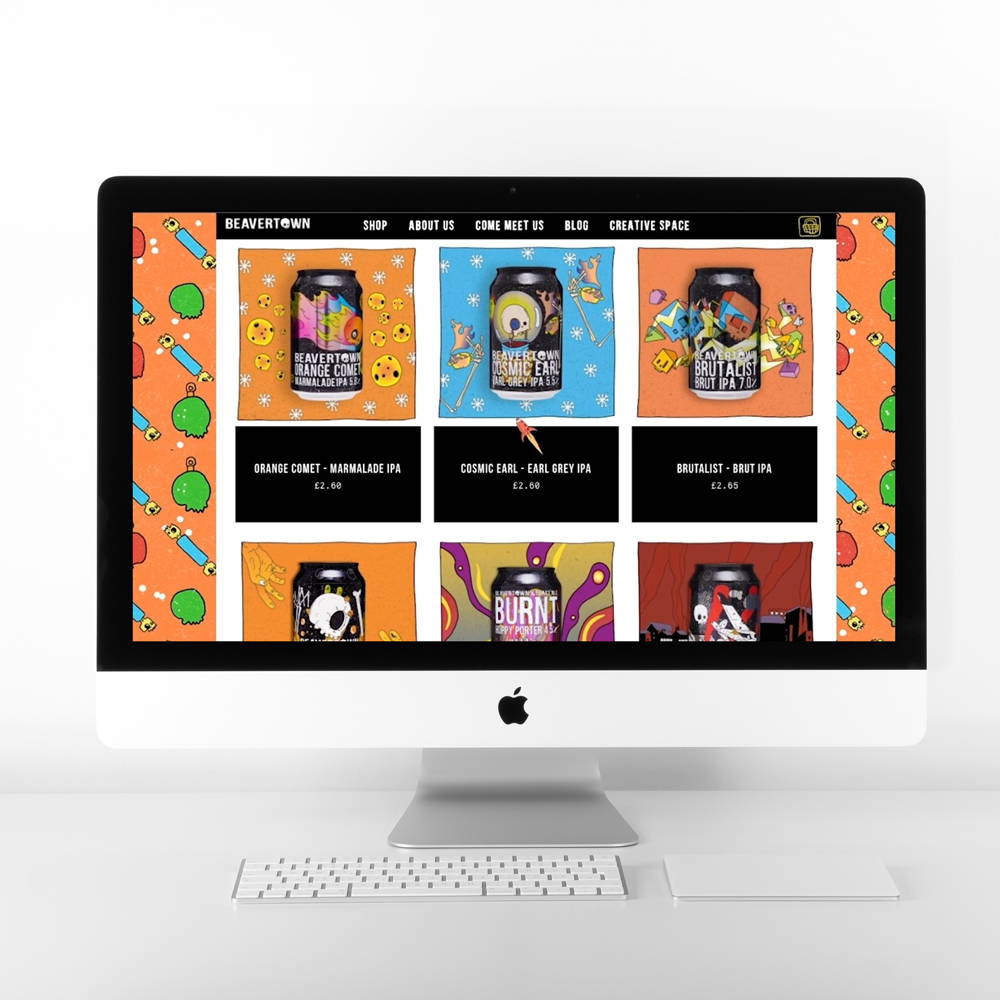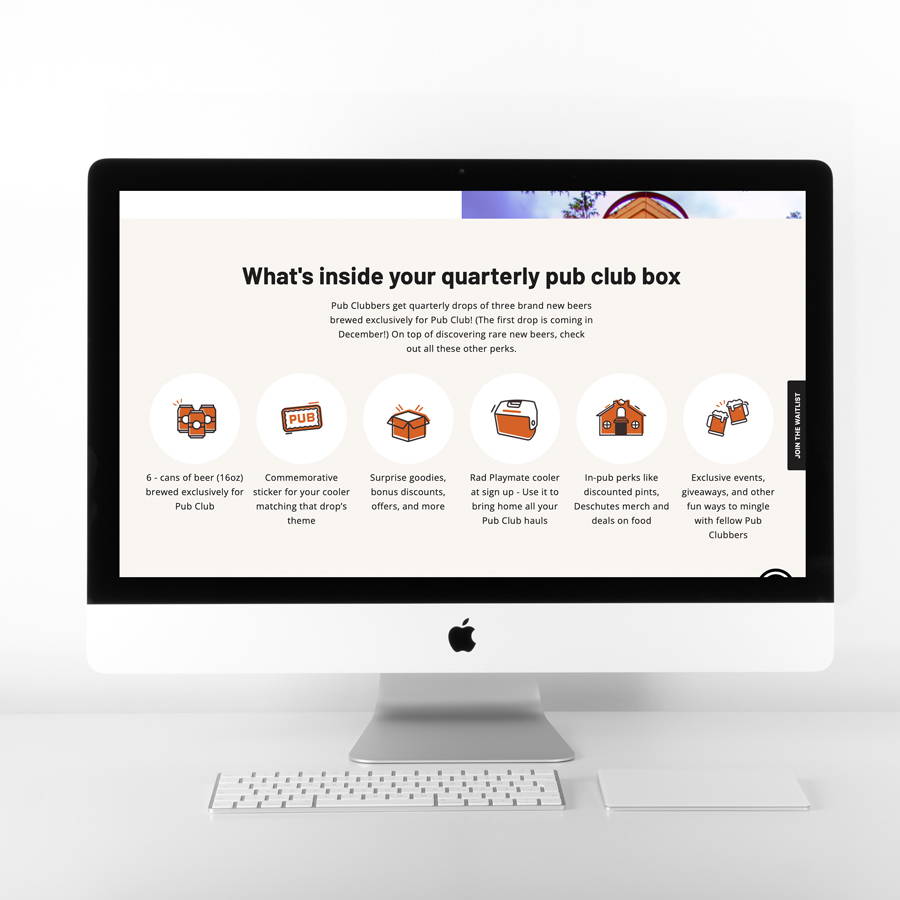6 Reasons Why You Should Migrate from Magento to Shopify

If you're running an online store, you know that choosing the right platform is essential for success. Two popular options for e-commerce platforms are Magento and Shopify. While Magento has been a go-to option for many years, more and more businesses are making the switch to Shopify.
We have migrated over 15 websites to the Shopify platform, seeing amazing results in average AOV, revenue, time on site and returning customer rates.
Shopify is one of the fastest-growing e-commerce platforms that exist today, and it's the go-to option for many brands who want a scalable and feature-rich option.
Keep scrolling to discover the 6 reasons why you should join other brands and migrate from Magento to Shopify.
Easy to Use
Shopify is known for its user-friendly interface and easy-to-use features. Unlike Magento, Shopify doesn't require extensive technical knowledge to set up and operate. There's no hard coding and it's easy to manage in-house with even a small junior team.
Shopify is a cloud-based platform, which means that all updates and maintenance are taken care of by Shopify itself, so you don't have to worry about updates, security patches, or backups.

Cost-Effective
Shopify offers a range of pricing plans, from basic to advanced. Unlike Magento, there are no hosting or maintenance fees on Shopify. With Shopify, you can focus your time and budgets on growing your business, without worrying about the technical details as all websites are hosted on Shopify’s servers with 99.99% uptime.
Built-in Marketing Tools
Shopify comes with built-in marketing tools such as discount codes, abandoned cart recovery, and email marketing, which helps to increase sales and customer engagement. Magento, on the other hand, requires you to install third-party plugins to get these features, which can be time-consuming and costly.
Reporting in the Shopify platform is fairly extensive allowing you to make data-driven decisions for your business, and understanding your customers, sales channels and traffic sources.
Moving your e-commerce site to Shopify is a smooth task with 8th Dial to help
Some sites we've switched

Some sites we've switched:

Import data and historical orders
No historical data is lost with a Shopify migration. We can easily migrate historical customer and sales data from your existing platform. These historical records can give you real insight into your customers.
Mobile-Responsive
In today's mobile-driven world, having a mobile-responsive website is crucial. Shopify themes are designed to be mobile-responsive, which means that your customers can easily access your store from their mobile devices. Magento, on the other hand, requires additional development to make the website mobile-responsive. This means there is less developer time, and more time spent concentrating on the best user experience and functionality.

Seamless Integration
Shopify integrates with a wide range of third-party apps and services, including social media, accounting software, and shipping providers. This means you can easily grow your e-commerce business without worrying about compatibility issues. We love how simple the integration is with Klaviyo for email & SMS marketing, and Recharge for subscriptions.
Magento, on the other hand, requires a lot of customisation and development to integrate with third-party apps.
Interested in migrating from Magento to Shopify? It can be a smart move for any e-commerce business. With its user-friendly interface, cost-effective pricing, built-in marketing tools, mobile-responsive design, and seamless integration, Shopify can help you grow your business and reach your customers more effectively.
Get in touch with our team at 8th Dial to discover how we can help you to more platforms quickly and seamlessly. With prices starting at £16k for a site migration from Magento to Shopify, we can work with you to build the best online experience for your customers and team to get the most from their day.
If you’d like to know more, get in touch via our email info@8thdial.com or Calendly.










